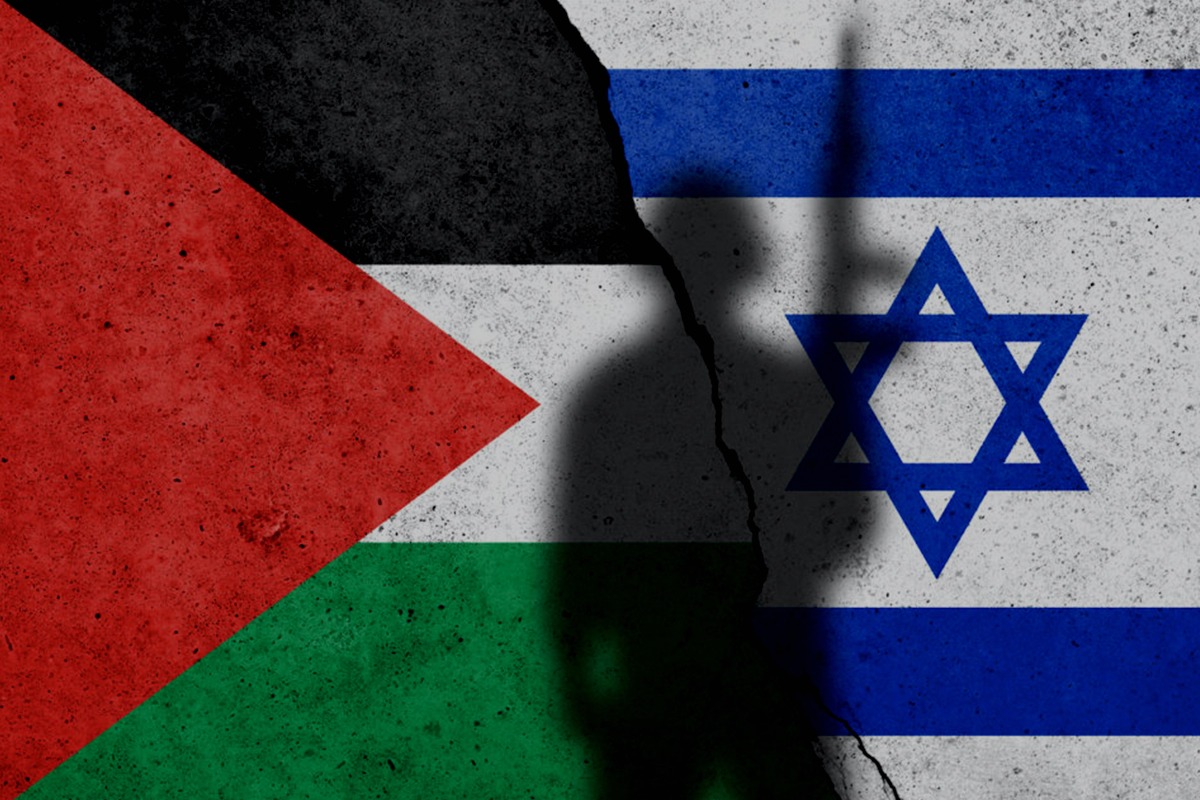NEW DELHI: As the Israel-Hamas conflict stretches into its third month, the complex interplay of military strategies, regional dynamics, and international opinions paints a shifting portrait of the war’s winners and losers. While the toll on human lives, particularly in Gaza, is undeniably tragic, analysing the strategic landscape provides insight into who may be gaining the upper hand in this prolonged conflict.
Gaza, with its 2.3 million inhabitants, bears the brunt of the suffering, with a staggering 1.5 million people displaced amid the relentless Israeli offensive. Yet, assessing the overall winner in this conflict requires a deeper examination of the military and political dynamics at play.
Hamas, despite being the instigator of the conflict with its audacious attack on Israel on October 7, finds itself in a precarious position. Israeli airstrikes have inflicted substantial damage on the organisation, eliminating between 1,000 and 3,000 armed militants and dismantling critical arsenals and underground tunnels. While Hamas has not been decisively defeated, its control over Gaza is slipping, raising questions about the group’s long-term viability.
Israel, on the other hand, initially perceived as militarily invincible, faces challenges both on the battlefield and on the diplomatic front. The trauma and division within the nation are palpable, with no clear end-game strategy in sight. Despite massive American support, Israel struggles to demonstrate tangible successes, raising doubts about its ability to cut off the leadership of Hamas and free its captive soldiers.
Furthermore, Israel’s moral standing has taken a severe hit, with accusations of disproportionate force and potential crimes against humanity. The global public opinion, once sympathetic to Israel, has shifted, leading to anti-Israel protests worldwide and damaging the nation’s reputation as a liberal democracy.

Prime Minister Benjamin Netanyahu, at the helm of Israel’s leadership, is among the casualties of the conflict. With 80 per cent of Israelis calling for his resignation and holding him accountable for the October 7 fiasco, his political future is uncertain. The internal turmoil further complicates Israel’s ability to present a united front in this protracted conflict.
The regional momentum for de-escalation, initially a hope on the horizon, has taken a backseat. Cooperation between Israel and Arab states is on hold, creating an opportunity for external actors like Iran and its proxies to exploit the chaos in Gaza to advance their regional agenda. The Middle East, once inching toward stability, is once again a hotbed of tension.
In the midst of this complex and grim scenario, it becomes challenging to designate clear winners. However, as the conflict unfolds, Israel appears to have gained some strategic advantages. The significant losses suffered by Hamas, coupled with Israel’s ability to control key areas in Gaza, suggest a tactical edge.
Nevertheless, the fluid nature of war means that the situation could evolve rapidly. The ongoing Israeli bombardment of South Gaza adds an additional layer of uncertainty to the outcome. As history teaches us, wars are unpredictable, and the true winners and losers may only emerge once the dust settles. In this high-stakes chess game between Israel and Hamas, the ultimate victor remains elusive, and the tragic toll on civilian lives underscores the urgent need for a diplomatic resolution to end the cycle of violence.











